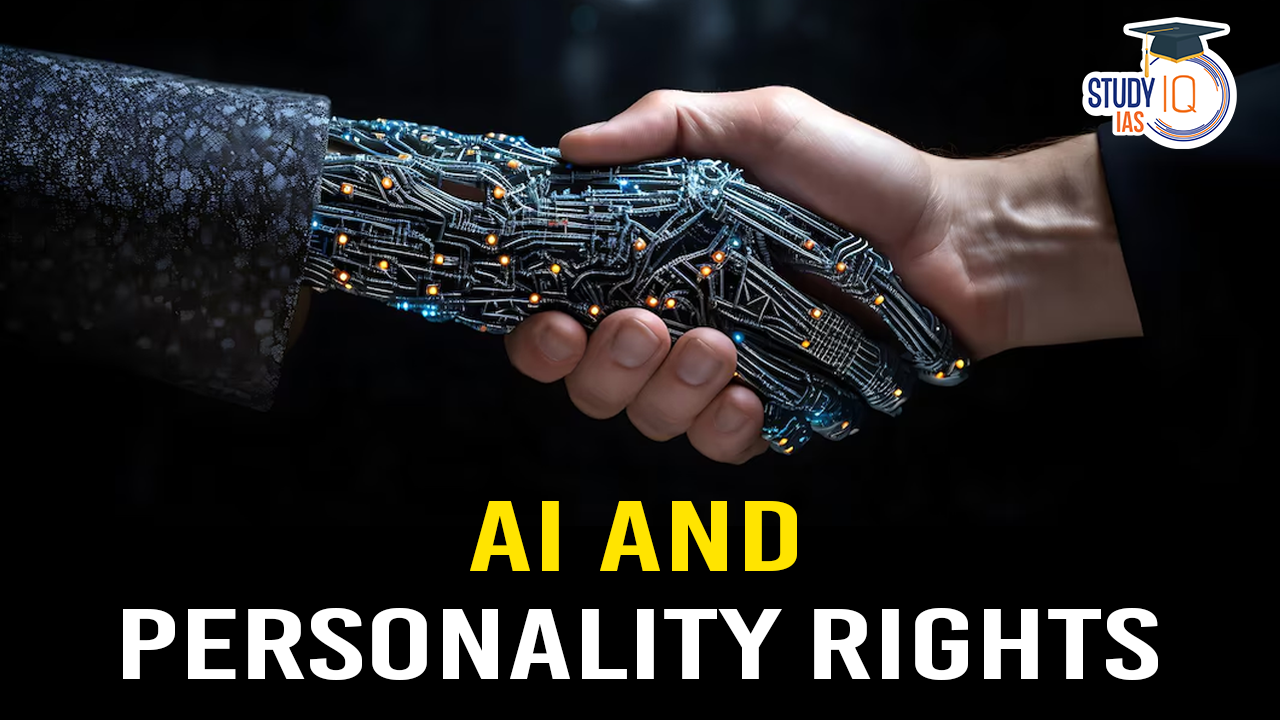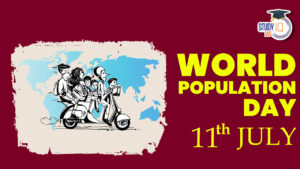Table of Contents
Context: Scarlett Johansson (a Hollywood actress) expressed shock and anger over OpenAI’s GPT-4o AI model, stating that one of its voices sounded eerily similar to her own.
What is Personality Rights?
Personality rights, also known as publicity rights, refer to the rights of an individual to control the commercial use of their identity, including their name, image, likeness, voice, and other distinctive characteristics.
- These rights are often claimed by celebrities who seek to protect their persona from unauthorised exploitation.
AI and Personality Rights
- Advances in AI technologies, particularly in deep learning and neural networks, have enabled the creation of highly realistic synthetic media, including voice cloning, face morphing, and deepfakes.
- AI models can replicate or mimic an individual’s voice, image, or other personal characteristics without their consent, raising significant ethical and legal issues.
Key Issues
- Unauthorised Use: AI-generated content can use an individual’s likeness or voice without permission, infringing on their personality rights.
- Such unauthorised use can lead to financial loss for the individual and damage to their reputation or brand.
- Deepfakes and Identity Theft: Deepfake technology can create realistic but fake images or videos of individuals, potentially leading to misinformation, identity theft, or reputational harm.
- Ethical Concerns: The use of AI to replicate a person’s identity raises ethical questions about consent, privacy, and the right to one’s own image and voice.
| Legal Context and Examples |
|
Legal Framework
- India:
- Personality rights are not explicitly defined in Indian law but are protected under the rights to privacy and property.
- Courts apply concepts from intellectual property law, such as ‘passing off’ and ‘deception,’ to protect these rights.
- International Context:
- Various countries have different approaches to personality rights, often included under broader intellectual property or privacy laws.
- Celebrities in some jurisdictions register their distinctive characteristics as trademarks to protect and commercialise them.
Future Considerations
- Legislation and Regulation: There is a growing need for specific legislation and clearer regulations to address the challenges posed by AI to personality rights.
- Technological Solutions: Developing technological solutions to detect and prevent unauthorised use of personal characteristics can help mitigate these issues.
- Ethical Guidelines: Establishing ethical guidelines for the use of AI in creating synthetic media is essential to protect individuals’ rights and prevent misuse.


 World Population Day 2025, Themes, Histo...
World Population Day 2025, Themes, Histo...
 What are Polycyclic Aromatic Hydrocarbon...
What are Polycyclic Aromatic Hydrocarbon...
 MALE Class Drones: Capabilities, Payload...
MALE Class Drones: Capabilities, Payload...





















